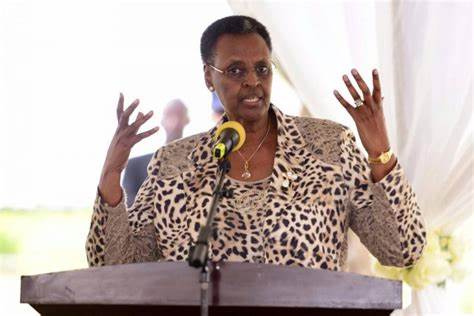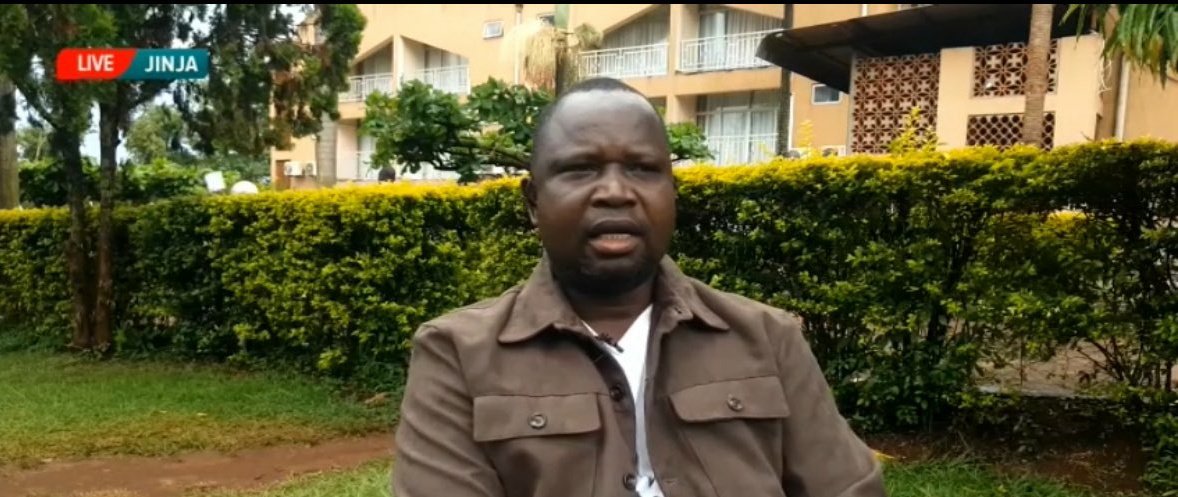The government has prohibited both private and public schools from imposing twelve types of fees in a move aimed at increasing accessibility to education in Uganda. These new measures, set to take effect next term, are expected to result in a reduction of school charges by more than half.
The banned fees include any charges related to the acquisition of permanent school property, such as school buses or development fees for buildings. Additionally, schools are prohibited from levying fees for examinations or assessments not conducted by accredited national or international bodies. Remedial learning or coaching fees are also no longer allowed under the new directive.
Furthermore, schools are barred from charging facilitation fees or fees intended for supplementing the salaries or welfare of school employees, board members, or Parents Teachers Associations (PTAs). Both public and private schools are prohibited from collecting fees for activities of the board, admission fees, or contributions towards third-party entities.
The government has also mandated that parents should not contribute to any associations belonging to school employees, board members, or School Management Committees (SMCs). Fees for bursaries, scholarships, or cash transfers benefiting learners and school employees are also not permitted.
Moreover, parents will no longer be required to contribute towards the repayment of loans acquired by schools, foundation bodies, or proprietors. Additionally, legal fees incurred by school management or governance are to be covered without parental contributions.
The Ministry of Education and Sports has disclosed that the implementation of these measures will occur in phases, beginning with Universal Primary Education (UPE) in the 2024/2025 financial year. This initiative aims to provide free and compulsory education to all eligible learners, with the government covering the associated costs.
First Lady and Minister of Education and Sports, Mrs. Janet Museveni, emphasized that the government’s goal is to offer affordable education options to Ugandans who cannot afford fees in private schools. She underscored the importance of implementing free and compulsory universal education programs across all schools receiving public funds.
Stakeholders in the education sector have expressed support for some of the banned fees while raising concerns about others. Hasadu Kirabira, the National Chairperson of the National Private Education Institutions Association, stressed the importance of maintaining fees for assessment, examinations, and seminars due to their costliness. However, he acknowledged the need to eliminate charges that should be the responsibility of school proprietors rather than parents.
As the government moves forward with these reforms, schools and educators are urged to comply with the new directives to ensure equitable access to education for all Ugandan children.




















